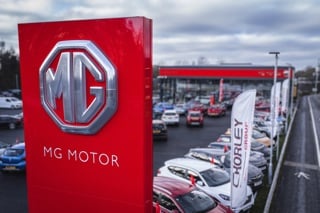The European Commission has opened an in-depth investigation to determine whether German car manufacturers BMW, Daimler and Volkswagen colluded over the use of emissions-reducing technology in their vehicles.
EU anti-trust investigators said that a “circle of five” manufacturers – including Volkswagen premium brands Audi and Porsche – had held meetings where they may have colluded to limit the development and roll-out of certain emissions control systems, Reuters reported.
European Competition Commissioner, Margrethe Vestager, said: “If proven, this collusion may have denied consumers the opportunity to buy less polluting cars, despite the technology being available to the manufacturers.”
The Commission said the technologies involved were selective catalytic reduction systems and particulate filters that reduce particulate matter emissions from petrol cars.
Reuters reported that the Commission had revealed that the carmakers had also discussed other technical issues, such as common requirements for car parts and testing procedures, but it did not have sufficient indications that these meetings were anti-competitive.
The EU authority said that there were no signs that the companies had illegally coordinated with each other in the use of so-called defeat devices to cheat regulatory testing, however.
A report in the Financial Times on the alleged collusion said that cartel cases often take years to complete and can result in fines of up to 10% of a business’s global revenues on affected products.
Fines are based on the product revenue and adjusted to reflect the duration and gravity of the offence, it said, with reductions for co-operation.
















Login to comment
Comments
No comments have been made yet.